Biography
U2 are an Irish rock band from Dublin. Formed in 1976, the group consists of Bono (vocals and guitar), The Edge (guitar, keyboards, and vocals), Adam Clayton (bass guitar), and Larry Mullen, Jr. (drums and percussion). U2's early sound was rooted in post-punk but eventually grew to incorporate influences from many genres of popular music. Throughout the group's musical pursuits, they have maintained a sound built on melodic instrumentals. Their lyrics, often embellished with spiritual imagery, focus on personal themes and sociopolitical concerns.
The band formed at Mount Temple Comprehensive School in 1976 when the members were teenagers with limited musical proficiency. Within four years, they signed with Island Records and released their debut album Boy. By the mid-1980s, U2 had become a top international act. They were more successful as a touring act than they were at selling records until their 1987 album The Joshua Tree which, according to Rolling Stone, elevated the band's stature "from heroes to superstars". Reacting to musical stagnation and criticism of their earnest image and musical direction in the late-1980s, U2 reinvented themselves with their 1991 album, Achtung Baby, and the accompanying Zoo TV Tour; they integrated dance, industrial, and alternative rock influences into their sound, and embraced a more ironic and self-deprecating image. They embraced similar experimentation for the remainder of the 1990s with varying levels of success. U2 regained critical and commercial favour in the 2000s with the records All That You Can't Leave Behind (2000) and How to Dismantle an Atomic Bomb (2004), which established a more conventional, mainstream sound for the group. Their U2 360° Tour from 2009–2011 was the highest-attended and highest-grossing concert tour in history.
U2 have released 13 studio albums and are one of the world's best-selling music artists of all time, having sold more than 170 million records worldwide. They have won 22 Grammy Awards, more than any other band; and, in 2005, were inducted into the Rock and Roll Hall of Fame in their first year of eligibility. Rolling Stone ranked U2 at number 22 in its list of the "100 Greatest Artists of All Time", and labelled them the "Biggest Band in the World". Throughout their career, as a band and as individuals, they have campaigned for human rights and philanthropic causes, including Amnesty International, the ONE/DATA campaigns, Product Red, and The Edge's Music Rising.
Contents 1 History 1.1 Formation and early years (1976–80) 1.2 Boy, October, and War (1980–84) 1.3 The Unforgettable Fire and Live Aid (1984–85) 1.4 The Joshua Tree and Rattle and Hum (1986–89) 1.5 Achtung Baby, Zoo TV, and Zooropa (1990–93) 1.6 Passengers, Pop, and PopMart (1994–99) 1.7 "Reapplying for the job of the best band in the world" (2000–06) 1.8 No Line on the Horizon and U2 360° Tour (2006–2013) 1.9 Songs of Innocence (2013–present) 2 Musical style 2.1 Instrumentation 2.2 Lyrics and themes 2.3 Influences 3 Campaigning and activism 4 Other projects 5 Legacy 6 Band members 7 Discography 8 Concert tours 9 References 10 External links History See also: Timeline of U2 Formation and early years (1976–80)The band formed in Dublin on 25 September 1976. Larry Mullen, Jr., then a 14-year-old student at Mount Temple Comprehensive School, posted a note on the school's notice board in search of musicians for a new band—six people responded. Setting up in his kitchen, Mullen was on drums, with Paul Hewson (Bono) on lead vocals; David Evans (The Edge) and his older brother Dik Evans on guitar; Adam Clayton, a friend of the Evans brothers on bass guitar; and initially Ivan McCormick and Peter Martin, two other friends of Mullen. Mullen later described it as "'The Larry Mullen Band' for about ten minutes, then Bono walked in and blew any chance I had of being in charge." Soon after, the group settled on the name "Feedback" because it was one of the few technical terms they knew. Martin did not return after the first practice, and McCormick left the group within a few weeks. Most of the group's initial material consisted of cover songs, which the band admitted was not their forte. Some of the earliest influences on the band were emerging punk rock acts, such as The Jam, The Clash, Buzzcocks, Sex Pistols and Joy Division. The popularity of punk rock convinced the group that musical proficiency was not a prerequisite to being successful.
"We couldn't believe it. I was completely shocked. We weren't of an age to go out partying as such but I don't think anyone slept that night.... Really, it was just a great affirmation to win that competition, even though I've no idea how good we were or what the competition was really like. But to win at that point was incredibly important for morale and everyone's belief in the whole project."
—The Edge, on winning the CBS competitionIn March 1977, the band changed their name to The Hype. Dik Evans, who was older and by this time at college, was becoming the odd man out. The rest of the band was leaning towards the idea of a four-piece ensemble and he was "phased out" in March 1978. During a farewell concert in the Presbyterian Church Hall in Howth, which featured The Hype playing covers, Dik ceremonially walked offstage. The remaining four band members completed the concert playing original material as "U2". Steve Averill, a punk rock musician (with The Radiators) and family friend of Clayton's, had suggested six potential names from which the band chose "U2" for its ambiguity and open-ended interpretations, and because it was the name that they disliked the least.
On Saint Patrick's Day in 1978, U2 won a talent show in Limerick. The prize consisted of £500 and studio time to record a demo which would be heard by CBS Ireland, a record label. This win was an important milestone and affirmation for the fledgling band. U2 recorded their first demo tape at Keystone Studios in Dublin in May 1978. Hot Press magazine was influential in shaping the band's future; in May, Paul McGuinness, who had earlier been introduced to the band by the publication's journalist Bill Graham, agreed to be U2's manager. The group's first release, an Ireland-only EP entitled Three, was released in September 1979 and was their first Irish chart success. In December 1979, U2 performed in London for their first shows outside Ireland, although they were unable to gain much attention from audiences or critics. In February 1980, their second single "Another Day" was released on the CBS label, but again only for the Irish market.
Boy, October, and War (1980–84)Island Records signed U2 in March 1980, and in May the band released "11 O'Clock Tick Tock" as their first international single. The band's debut album, Boy, followed in October. Produced by Steve Lillywhite, it received generally positive reviews. Although Bono's unfocused lyrics seemed improvised, they expressed a common theme: the dreams and frustrations of adolescence. The album included the band's first United States hit single, "I Will Follow". Boy 's release was followed by the Boy Tour, U2's first tour of continental Europe and the United States. Despite being unpolished, these early live performances demonstrated U2's potential, as critics noted that Bono was a "charismatic" and "passionate" showman.
The band's second album, October, was released in 1981 and contained overtly spiritual themes. During the album's recording sessions, Bono and The Edge considered quitting the band due to perceived spiritual conflicts. Bono, The Edge, and Mullen had joined a Christian group in Dublin called the "Shalom Fellowship", which led them to question the relationship between the Christian faith and the rock and roll lifestyle. Bono and The Edge took time off between tours and decided to leave Shalom in favour of continuing with the band. Recording was further complicated with the theft of a briefcase containing lyrics for several working songs from backstage during the band's performance at a nightclub in Portland, Oregon. The album received mixed reviews and limited radio play. Low sales outside the UK put pressure on their contract with Island and focused the band on improvement.
"Sunday Bloody Sunday" (1983) Sorry, your browser either has JavaScript disabled or does not have any supported player. You can download the clip or download a player to play the clip in your browser. "Sunday Bloody Sunday" features a martial drumbeat, raw guitar, and lyrically, a bleak emotionally charged response to violence. Problems playing this file? See media help.
-1527369771-248x248.jpg)
-1526130331-248x248.jpg)
-1524998509-248x248.jpg)







-1126124765-248x248.jpg.jpg)
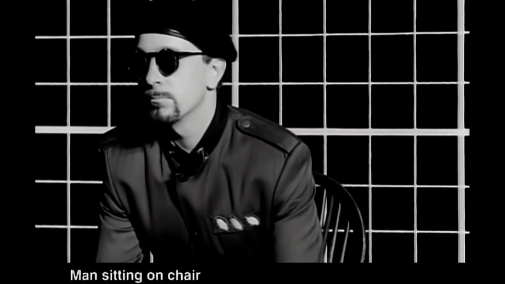
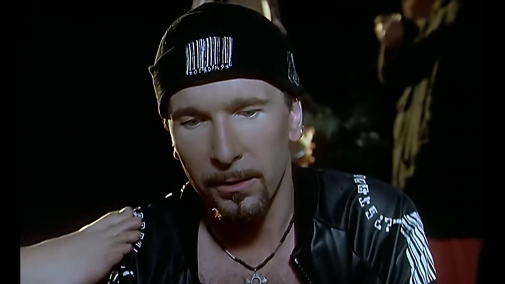
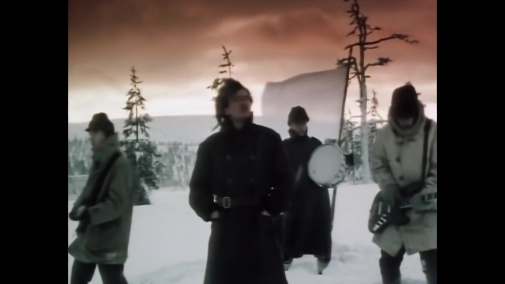
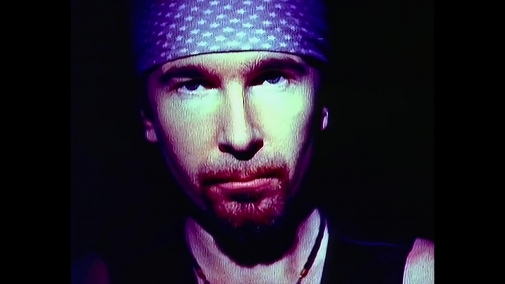
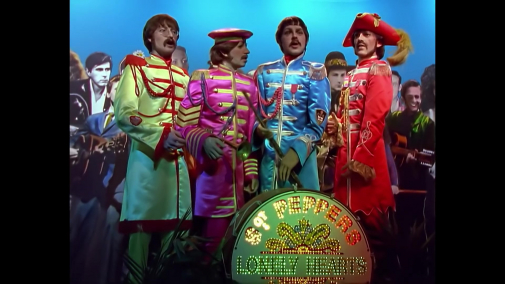
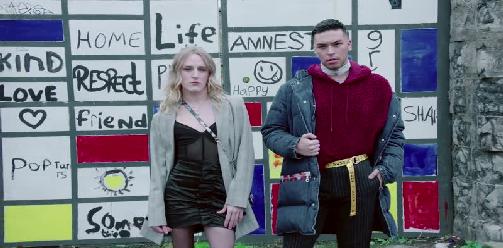
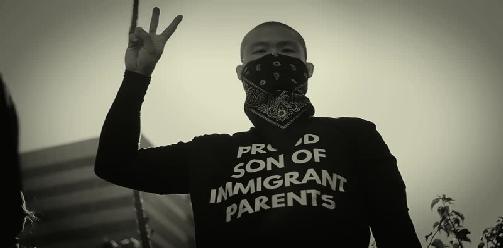
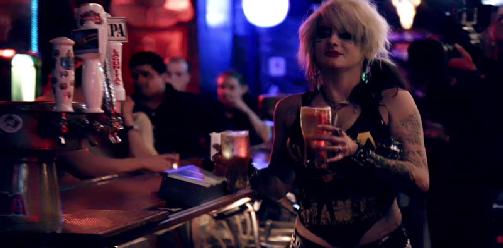
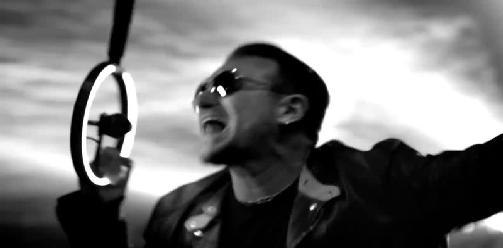
-1639420472-248x248.jpg)
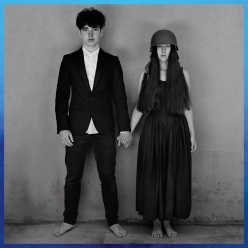
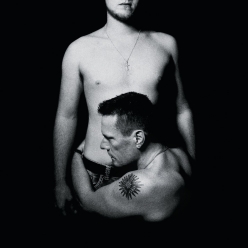
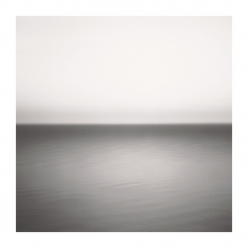


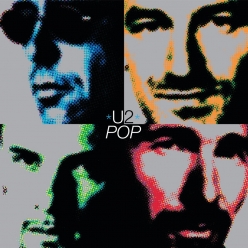
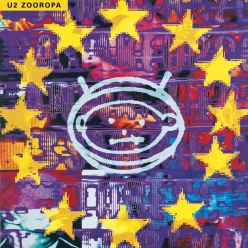
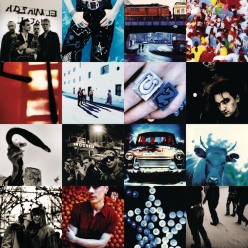

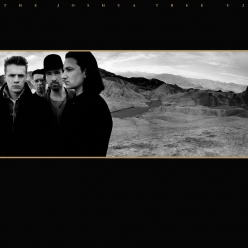
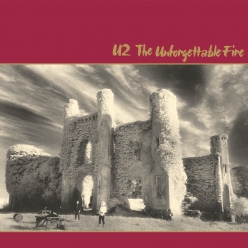
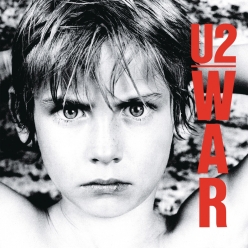
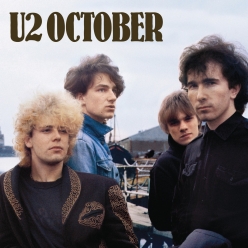
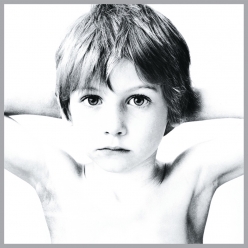
-505x284.jpg)
-505x284.jpg)

